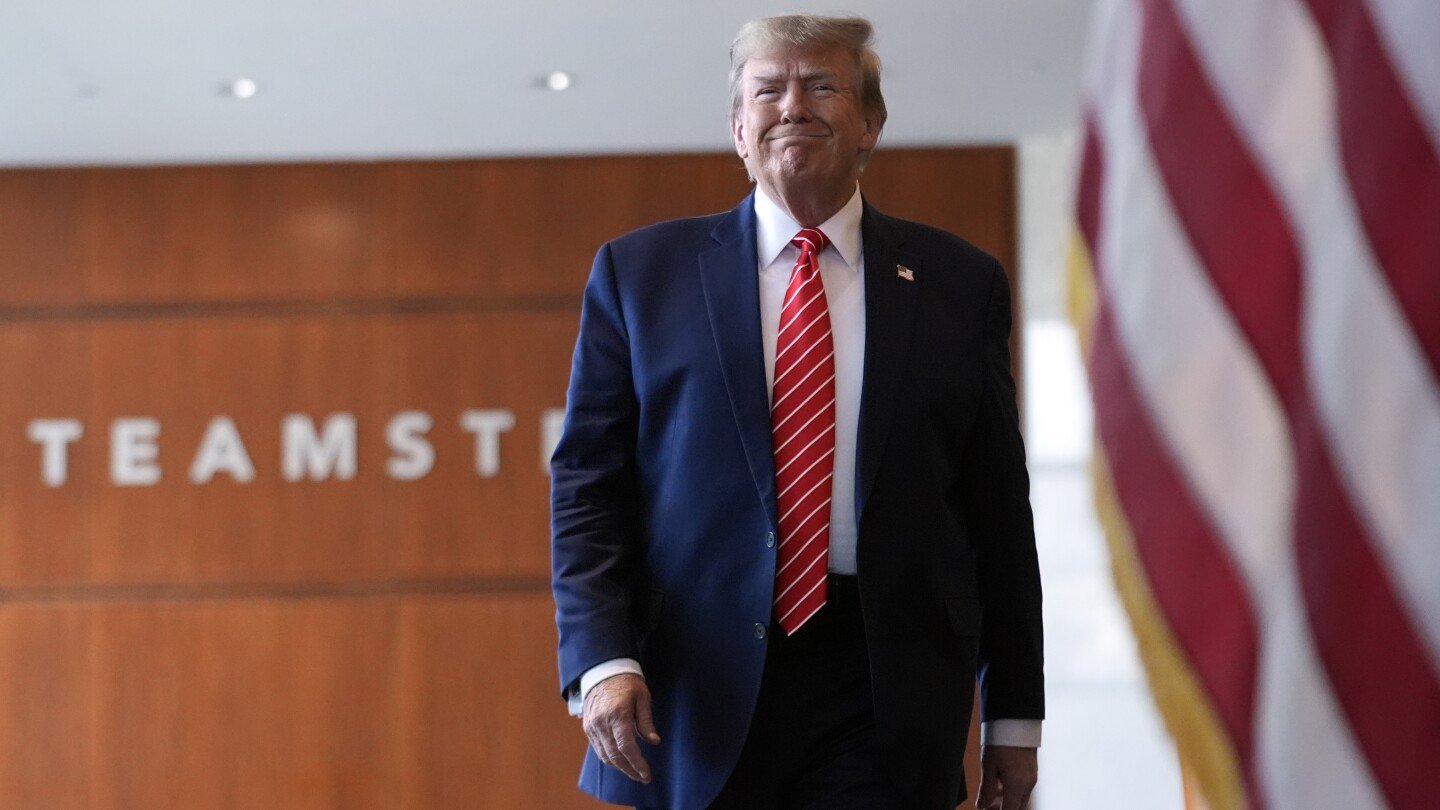In arguments Thursday, the justices will, for the first time, wrestle with a constitutional provision that was adopted after the Civil War to prevent former officeholders who “engaged in insurrection” from reclaiming power.
The case is the court’s most direct involvement in a presidential election since Bush v. Gore, a decision delivered a quarter-century ago that effectively delivered the 2000 election to Republican George W. Bush. It comes to a court that has been buffeted by criticism over ethics, which led the justices to adopt their first code of conduct in November, and at a time when public approval of the court is diminished, at near-record lows in surveys.
The dispute stems from the push by Republican and independent voters in Colorado to kick Trump off the state’s Republican primary ballot because of his efforts to overturn his 2020 election loss to Democrat Joe Biden, culminating in the Jan. 6, 2021, attack on the U.S. Capitol.



Having someone on the ballot who is ineligible to serve has already been tried (before Gorsuch before he was on the SCOTUS) and it turns out if you can’t serve you
can’t be onmay be excluded from the ballot. This from following legal blogs so apologies if I don’t have that quite right.Really? What about Nicaraguan-born Roger Calero who was the SWP nominee in 2004 (his VP candidate was a citizen by birth, but was only 28). Several states had the SWP run an eligible candidate instead, but at least 5 of them listed Calero/Hawkins.
I googled the situation and that’s what comes up. I’m not qualified to explain it any better.
Edit: it appears my version was slightly wrong. It’s not that he can’t be on the ballot, it’s that there is no requirement that he be on the ballot if the state wants to exclude him based on ineligibility.